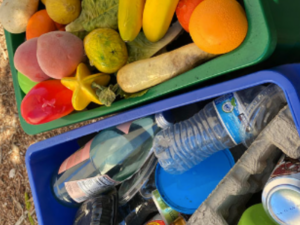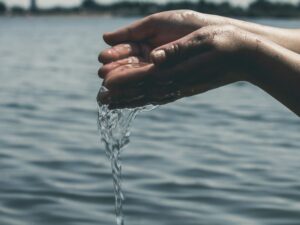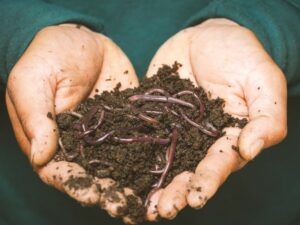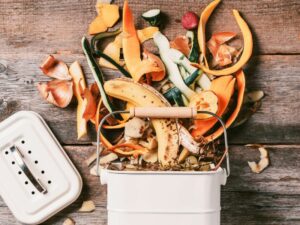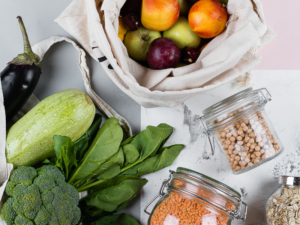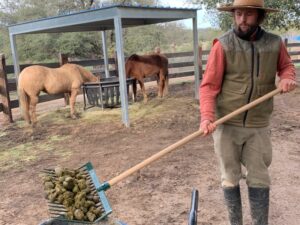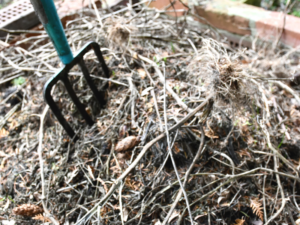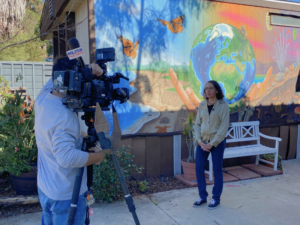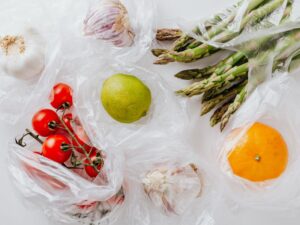Worried About Your Carbon Footprint? Shopping Local Might Be the Key
Lowering contribution to this form of pollution is easy: shop local!
Read MoreSecondhand compost bins take recycling to the next level
At Solana Center, we live the values of reduce, reuse, and recycle in all forms. This spurred the idea to offer our pre-loved bins to the community at reduced prices at our store. This is a solution to both provide residents with an opportunity to give their compost bins another life if they aren’t being…
Read MoreUnderstanding the Value of Water for a Sustainable Future
70% of the planet is covered in water. Only 2% of this is fresh water. 1.6% of this freshwater is locked in polar ice caps and glaciers. This leaves about .4% fresh water for the world’s 7.9 billion people to survive on. Do these facts about water surprise you? Water is the largest natural resource vital to human…
Read MoreWorm Care Guide
Keep the lid on the bin to protect the worms from light, to prevent escapees, and to keep flies/pests out. Keep bedding damp! When bedding gets dry, add water slowly. A layer of damp newspaper or coffee filters on top helps seal in moisture. Break or tear food into small pieces to encourage faster processing. Bury food below the…
Read MoreTales of a Beginning Composter
By Master Composter Graduate, Wendy Ullrich It’s fair to say that until recently I knew nothing about composting. In fact, what little I knew, was all wrong. If someone even mentioned composting, my nose would wrinkle and I would imagine all sorts of slimy and disgusting things that you might find clogged in a drain. YUCK!…
Read MoreWorried About Your Carbon Footprint? Shopping Local Might Be the Key
Blog Post by Volunteer and Student, Anna Potratz The pollution that comes from simply shipping food across the country can do massive environmental damage. Delivery trucks can put up to 1,522 tons of carbon emissions into the atmosphere every year, and about 70% of our food is shipped by truck, according to the US Energy…
Read MoreThe Magic of Manure Compost: Protect Your Waterways, Save Money, and Improve Your Soil!
When you think of San Diego County, horses aren’t usually the first thing that come to mind, but we do have the second-largest number of horses in the state (only Riverside County has more). As beautiful as they are, there are few ways to turn money into manure faster than having a horse. Horses can…
Read MoreHow to improve aeration in your backyard compost bin
An ample supply of oxygen is key to the success of your backyard compost bin. Decomposer microbes need oxygen for their metabolic functions to operate efficiently. Without access to oxygen, some microbes die and others switch to a different form of metabolism, anaerobic (without air) respiration. This has a few negative consequences: Instead of the…
Read More2021 Press
From the Rotline: Are all Biodegradable Plastics Compostable?
Rotline Question: What is the difference between biodegradable plastics and compostable plastics? Answer: Plastic that is compostable is biodegradable, but not every plastic that is biodegradable is compostable. Biodegradable plastic may be engineered to biodegrade in soil or water, whereas compostable plastic refers to biodegradation into soil conditioning material (i.e., compost) under a certain set…
Read More

